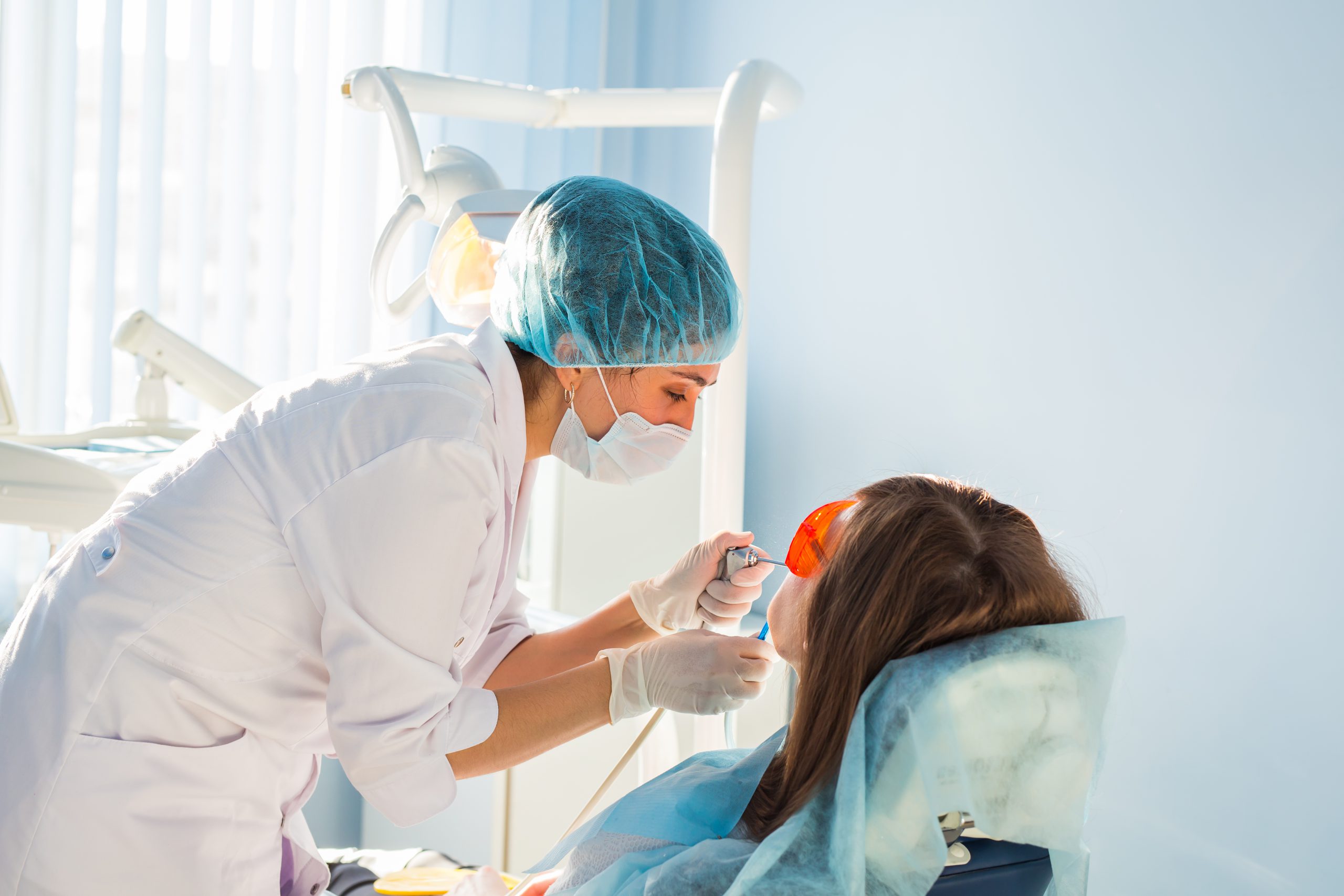

NHS Dentistry Near Me
Description
Looking for an NHS dentistry near you? You don’t have to be registered to a dentist’s to receive NHS treatment there, and, as a result, you can approach the dental surgery that is most convenient for you and your needs.
That being said, it is worth noting that surgeries do not always have the capacity to take on new NHS patients. Thus, if a backlog of appointments has built up, you might have to contact several dental surgeries before you can secure an appointment.
With The Dental Register, you can quickly search through all the practices in your area – we do all the hard work for you! For more information on NHS Dentistry and how we can help you find it, keep reading!

